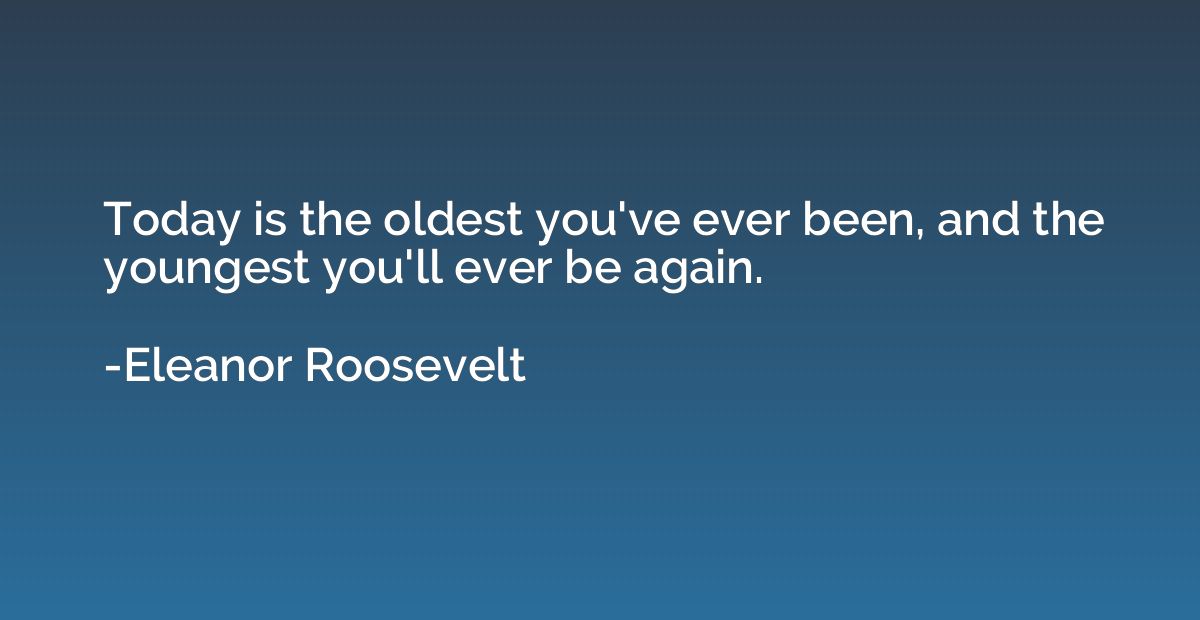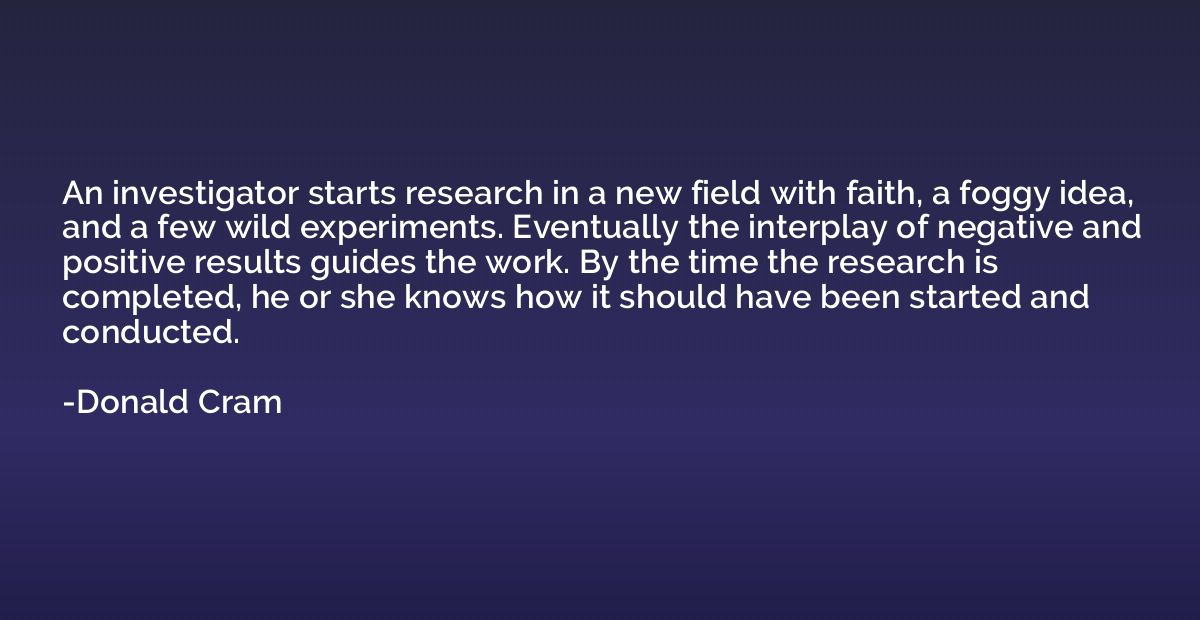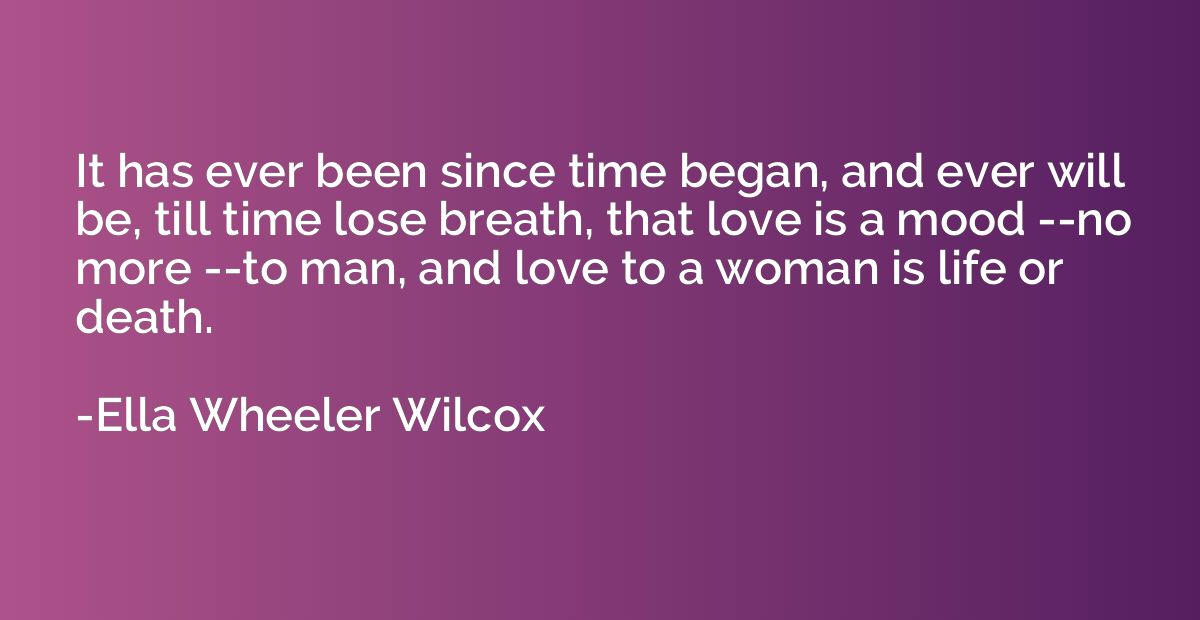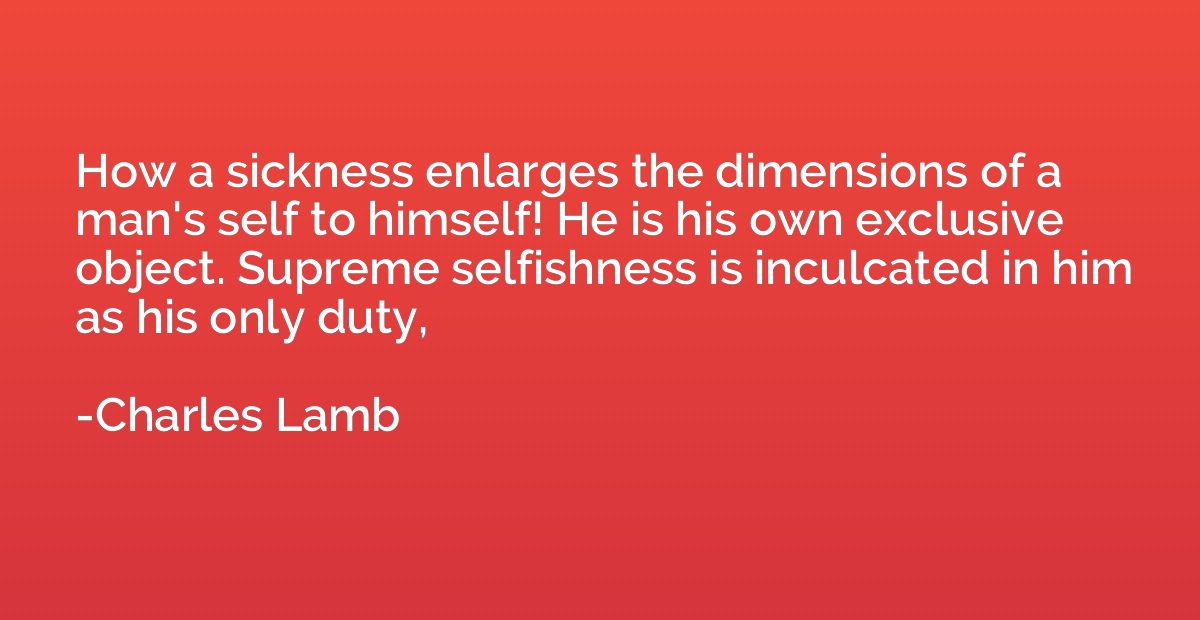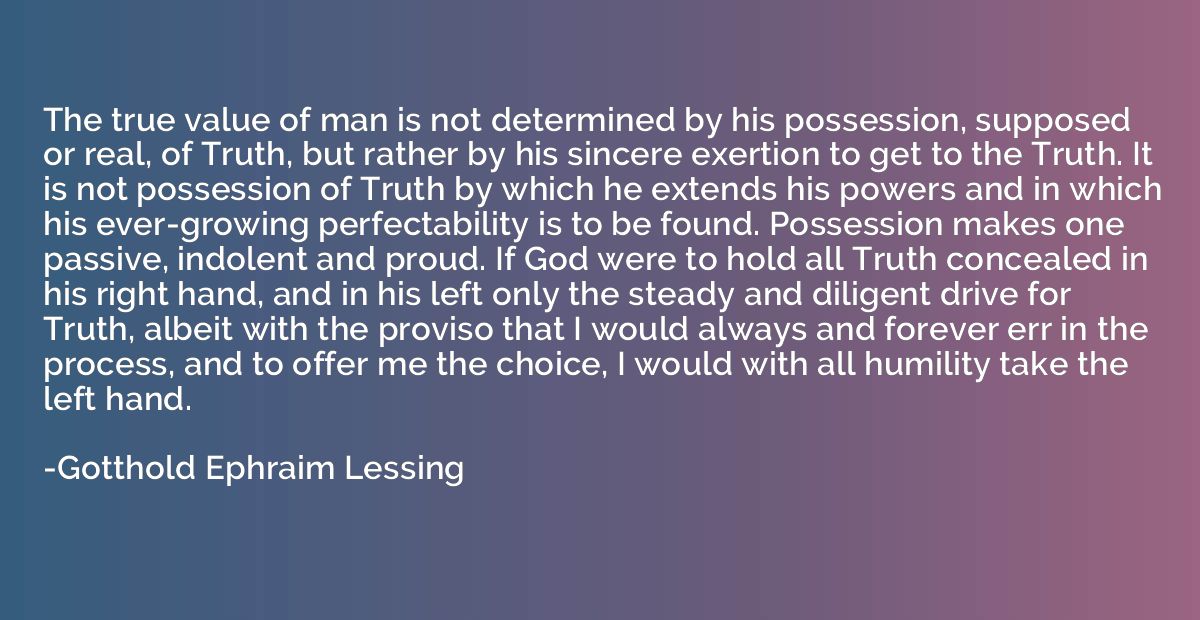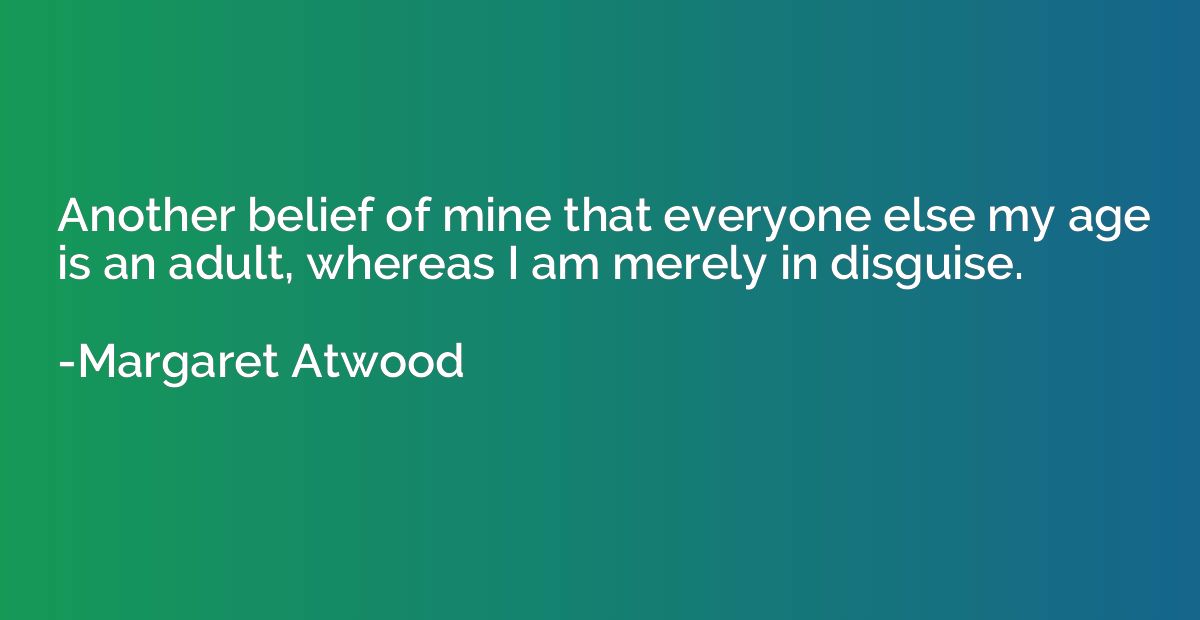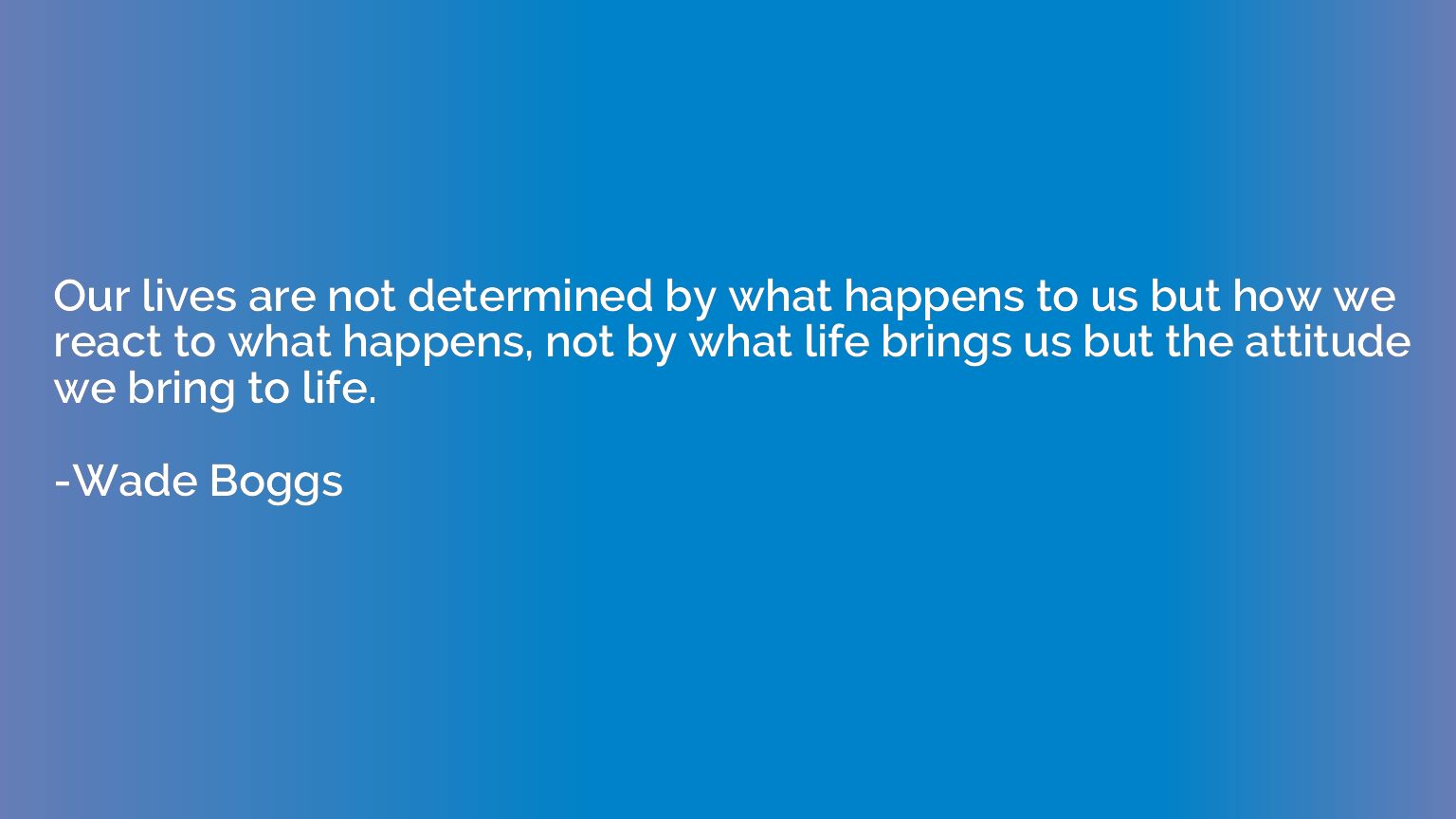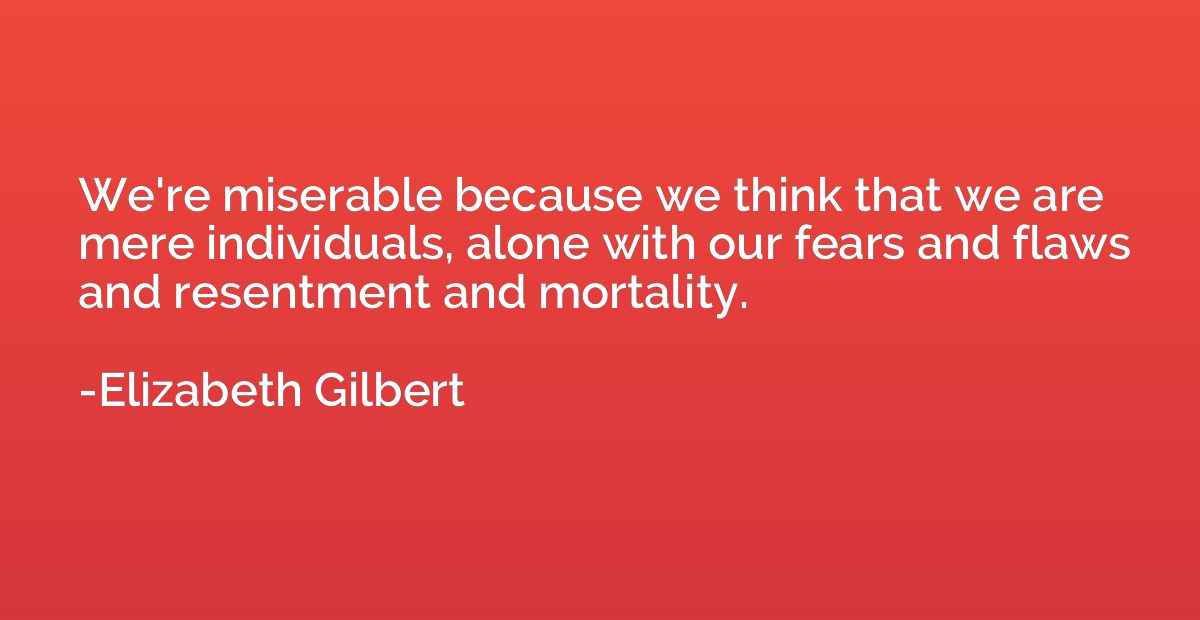Quote by Christopher Hitchens
I find something repulsive about the idea of vicarious redemption. I would not throw my numberless sins onto a scapegoat and expect them to pass from me; we rightly sneer at the barbaric societies that practice this unpleasantness in its literal form. There's no moral value in the vicarious gesture anyway. As Thomas Paine pointed out, you may if you wish take on a another man's debt, or even to take his place in prison. That would be self-sacrificing. But you may not assume his actual crimes as if they were your own; for one thing you did not commit them and might have died rather than do so; for another this impossible action would rob him of individual responsibility. So the whole apparatus of absolution and forgiveness strikes me as positively immoral, while the concept of revealed truth degrades the concept of free intelligence by purportedly relieving us of the hard task of working out the ethical principles for ourselves.
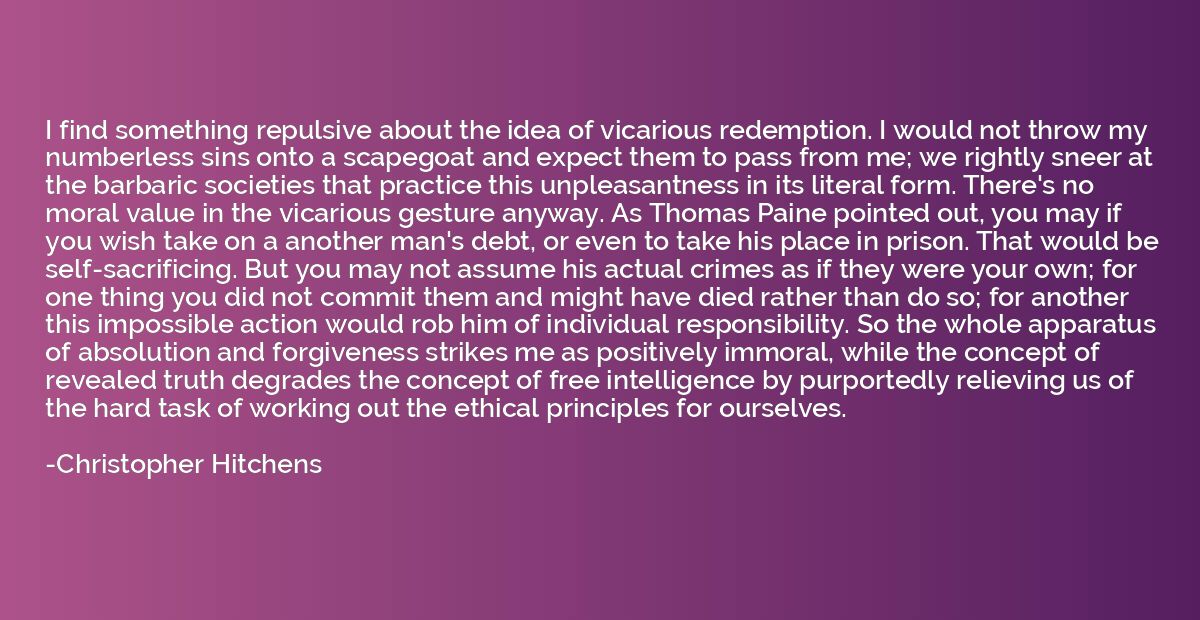
Summary
The quote expresses the speaker's distaste for the concept of vicarious redemption, where one person takes on the sins or guilt of another. The speaker argues that assigning our own sins to a scapegoat lacks moral value and likens it to the barbaric practices of ancient societies. They also highlight that assuming someone else's crimes would deprive them of individual responsibility. Furthermore, they criticize the idea of absolution and forgiveness as immoral and assert that the concept of revealed truth undermines the moral responsibility of using our own intellectual capacity to determine ethical principles.



